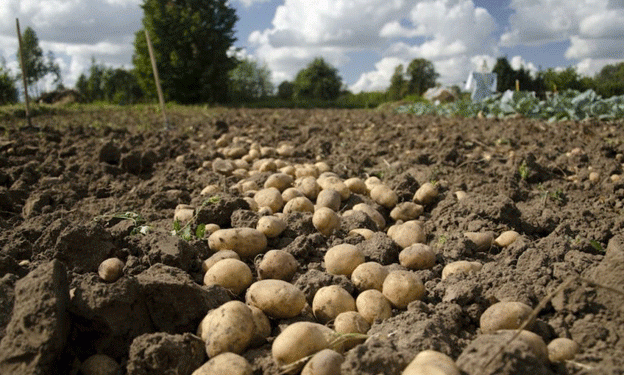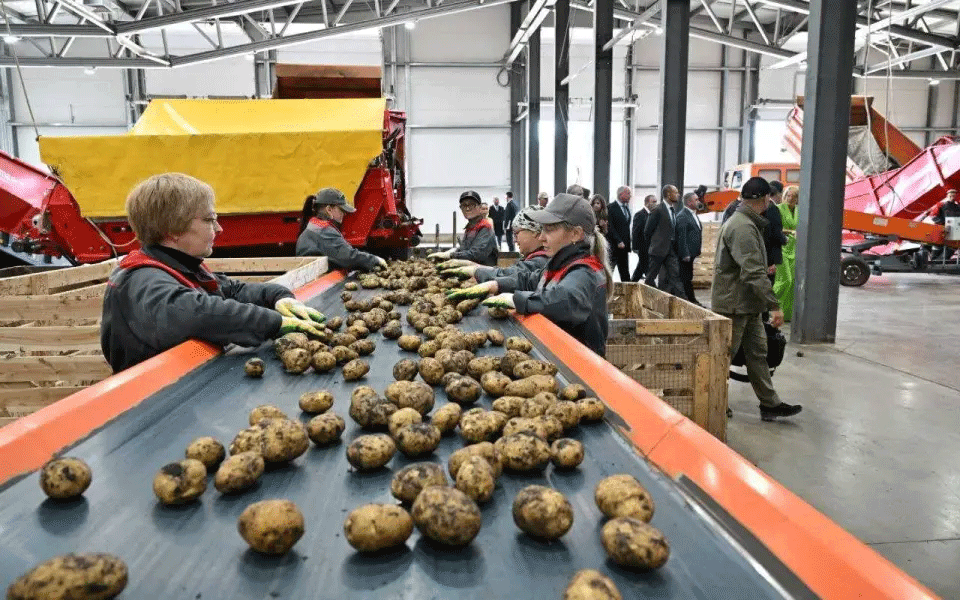Spain’s potato sector has enjoyed four consecutive years of stability and growth, fueled by shifts away from less profitable crops like sugar beet. Enhanced cultivation practices, innovative varieties, and improved market organization have significantly strengthened the industry’s position.
According to Alfonso Sáenz de Cámara, manager of Udapa, a leading Basque cooperative, the reduction of sugar beet cultivation—largely driven by the elimination of associated subsidies and volatile sugar markets—has prompted farmers to pivot towards potato production. This shift has unlocked additional agricultural land, boosting potato acreage and profitability.
Improved cultivation techniques, development of disease-resistant potato varieties, and better sector coordination have further bolstered this positive trajectory. Notably, potato demand in Spain has remained consistently high, supported by increased consumption through the Horeca (hotel, restaurant, and café) channel and major retailers. Consequently, prices have remained relatively stable, mitigating previous market volatility.
The industry has successfully adapted to evolving market demands by focusing on innovation, product differentiation, and sustainability. New potato varieties tailored to specific culinary uses, enhanced packaging solutions, and efficient distribution methods have significantly increased the product’s added value. Additionally, sustainable agricultural practices have become a cornerstone for producers aiming to minimize environmental impact.
Nevertheless, the sector faces challenges, notably shortages during March and April, which necessitate imports from Egypt and Israel. In response, Spanish producers have implemented strategies such as cultivating second-harvest potatoes, particularly “verdete” potatoes, planted in August and harvested in December, to ensure year-round availability.
Another significant hurdle is Europe’s current scarcity of seed potatoes, driven by a shift towards production for industrial consumption. Addressing seed shortages remains essential for maintaining production stability.
Looking forward, the potato industry’s future remains promising. Embracing agro-industrialization and cooperative business models will ensure generational renewal and protect local farmers from corporate consolidation. Commitment to quality, innovation, and sustainable practices positions Spain’s potato producers favorably to overcome challenges related to climate change and shifting consumer preferences.







